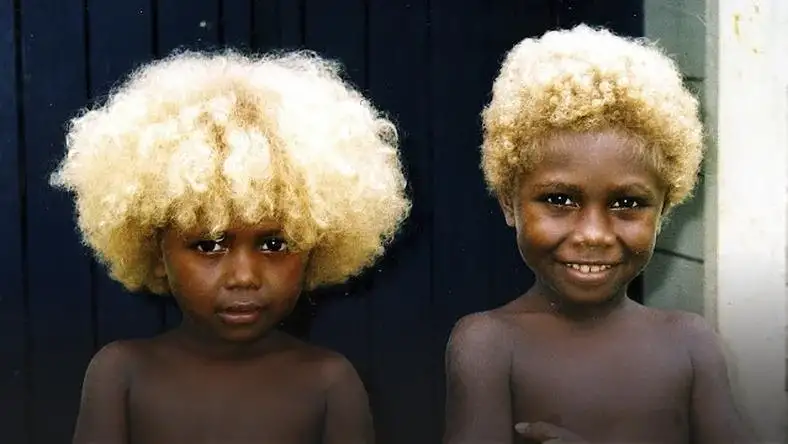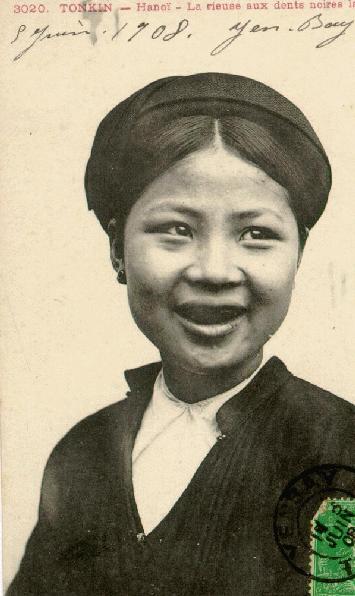 londe hair is typically linked with white or Caucasian individuals. There are, however, certain populations of people with a dark complexion and blonde hair. They go by the name “Melanesians.” Jules Dumont D’Urville coined the term “Melanesia” for the first time in 1832 to refer to a specific collection of islands that stood apart from Micronesia and Polynesia. Indigenous people of Melanesia, an island chain in Australia’s northeast, are known as Melanesians. There are nations like Fiji, Papua New Guinea, New Caledonia, and Solomon Island among the Melanesian Islands.
londe hair is typically linked with white or Caucasian individuals. There are, however, certain populations of people with a dark complexion and blonde hair. They go by the name “Melanesians.” Jules Dumont D’Urville coined the term “Melanesia” for the first time in 1832 to refer to a specific collection of islands that stood apart from Micronesia and Polynesia. Indigenous people of Melanesia, an island chain in Australia’s northeast, are known as Melanesians. There are nations like Fiji, Papua New Guinea, New Caledonia, and Solomon Island among the Melanesian Islands.
Natural golden hair and stunning dark complexion make the Melanesian people stand out among other ethnic groups. Five to ten percent of the native people have blonde hair, which is a magnificent source of attention.
The origin of the Melanesians’ golden hair has been the subject of several theories over the years. The locals say that their blonde hair is a result of frequent sun exposure and a diet high in fish, despite the fact that some experts attribute it to a gene flow from European traders and explorers who visited in the past.
Attempts to associate their hair with foreign influences or interactions with foreigners are consistently refuted. Further study has also shown that the specific variation is accountable for.
The Melanesians are ethnically varied people who live in the area of Melanesia in the western Pacific Ocean. The name “Melanesia” refers to the region’s natives’ dark complexion and is derived from the Greek terms “melas,” which means “black,” and “nesia,” which means “island.”
The Melanesian people have a rich cultural legacy that has been passed down through the years in the form of a range of traditional practices and beliefs. Subsistence farming, which depends on crops like yams, taro, and sweet potatoes for sustenance, is common in Melanesian villages. Along with traditional dances, music, and art, Melanesian culture is also known for its rituals, ancestor worship, and fishing celebrations.

Further investigation has also shown that the specific mutation that gives these Solomon Islanders their golden hair is not present in the genomes of Europeans. This outcome is consistent with separate genetic research that found the very dark-skinned Islanders had a gene unique to them that causes their blonde hair to seem considerably different from that of Europeans.
Additionally, according to researchers at Stanford University School of Medicine, blonde hair appears to be a uniquely human trait that emerged independently in Oceania.
In a similar vein, Sean Myles, a geneticist from Nova Scotia Agricultural College in Canada, found that the blondes carried TYRP1 mutant genes while doing a genetic study on the hair samples and saliva of 1209 Melanesians from Solomon Island.
42 brown islanders and 43 blonde islanders possessed two copies of a mutant gene, which was partially responsible for their melanin-rich skin and hair, according to a subsequent comparison of the data. Meanwhile, this gene was absent in Caucasians. The gene was more prevalent in youngsters, and because it was recessive, the hair got darker as the kids grew older and became adults. In addition to youngsters, elderly Melanesian women also have golden hair.
Avid Writer with invaluable knowledge of Humanity!
Upcoming historian with over 30 million views online.
“You make your own life.”





